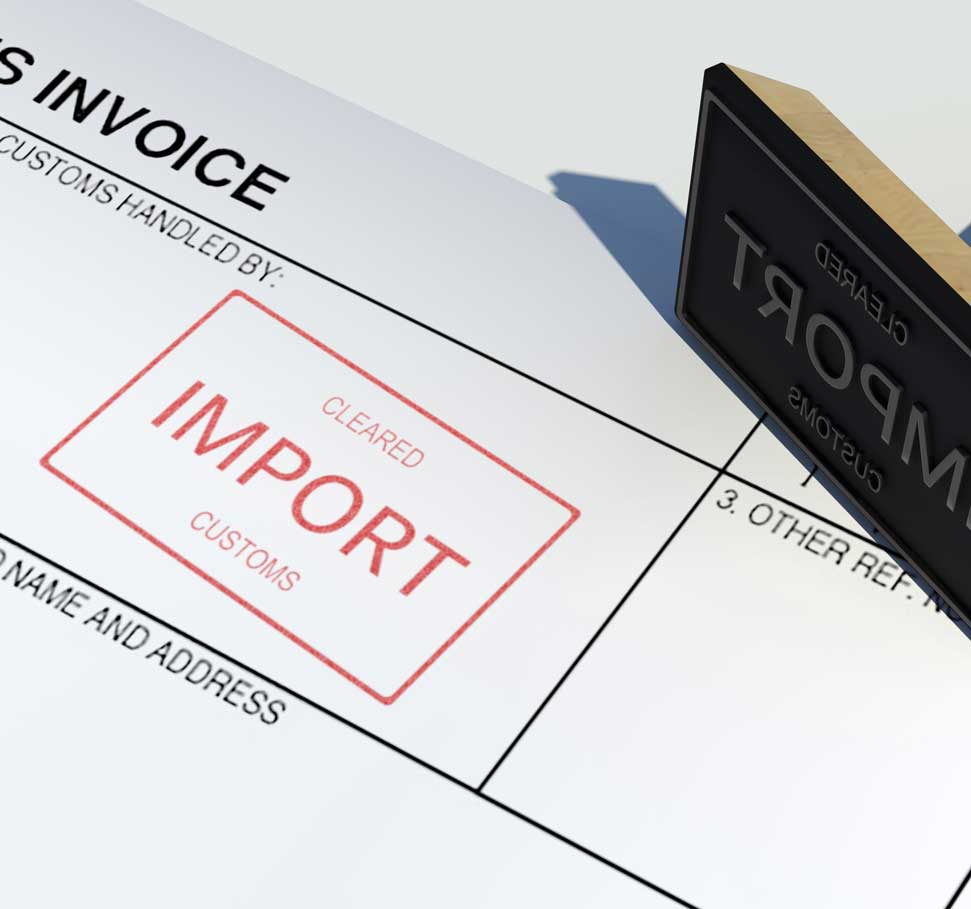Many of our customers are asking the question – „ Why do we need the authorisation for the import customs in the Great Britain?” and „Why does it have to be signed by an authorised person accordingly to the information contained in Company House?”. Below, we present you with the factual state of the issue.
In order to clear the goods in Great Britain, one of the requirements among others is the formal condition of submission of appropriate authorisation for the custom clearance. This is in accordance with the Article 2, point 2 of the English custom law – Taxation (Cross-Border Trade) Act 2018.
“The appointment of a person as a Customs agent, and the withdrawal of an appointment of a person as a Customs agent, must be disclosed to HMRC in accordance with regulations made by HMRC Commissioners.”
Clarification of the above mentioned legal provision can be found on the HMRC website:
“They can act for you either as a:
- direct representative
- indirect representative
In case of the lack of submitted authorisation for the custom clearance, the entity executing the clearance is responsible for the payment of resulted custom duties (tax duty, Value Added Tax etc.).
“If they do not hold written authorisation, they risk being regarded as acting solely on their own behalf. If the authorisation does not confirm the type of representation, they could be regarded as an indirect representative. In both cases, they would be liable for the customs debt”. 2
The written authorisation is a contractual document and to be legally binding accordingly tothe English law Company Act 2006 Art. 46 pkt. 2- Execution of Documents 3 ,, it should be signed by two signatories or the director of the company:
“ (2) A document is validly executed by a company if it is signed on behalf of the company:
- by two authorised signatories, or
- by a director of the company in the presence of a witness who attests the signature.”
1 https://www.gov.uk/guidance/appoint-someone-to-deal-with-customs-on-your-behalf#get-someone-to-act-
indirectly
2 https://www.gov.uk/hmrc-internal-manuals/import-and-national-clearance-hub-procedures/inchp02060
3 https://www.legislation.gov.uk/ukpga/2006/46/section/44
